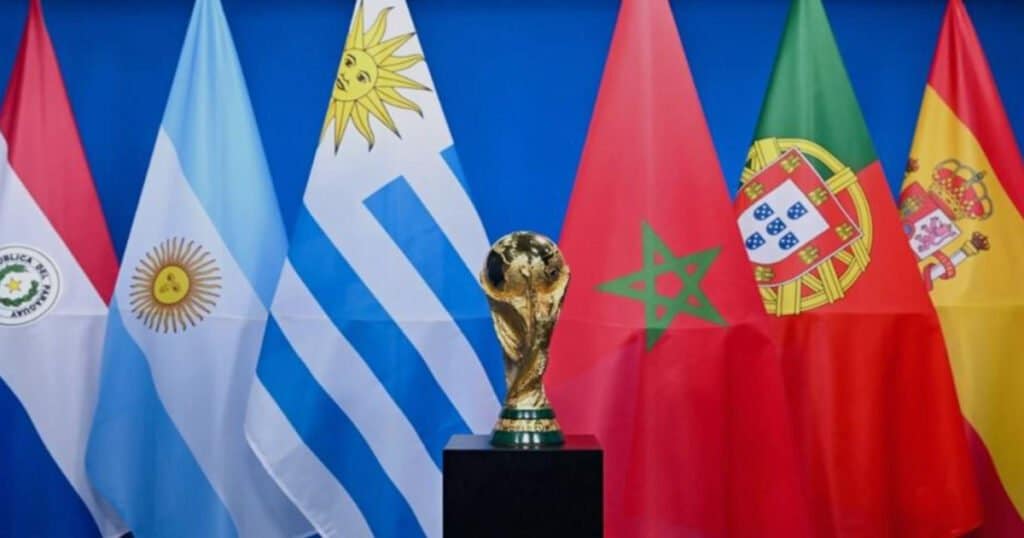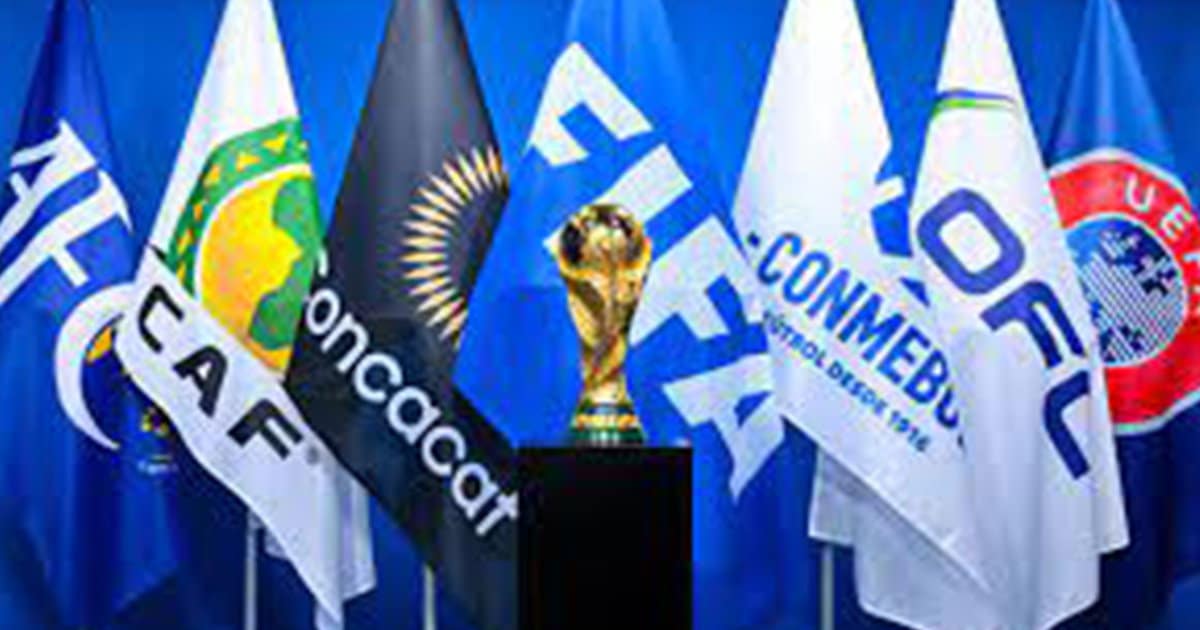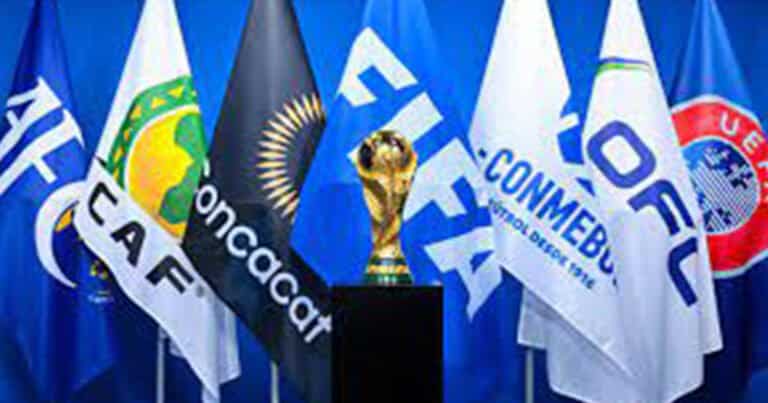The 2030 FIFA World Cup, set to be the 24th edition of the quadrennial international men’s football world championship tournament, is poised to redefine the world of soccer. Scheduled to take place in the summer of 2030, the excitement surrounding this tournament is palpable. With FIFA’s announcement of an expanded format featuring 48 teams, up from the current 32, and numerous countries vying for the hosting rights, the 2030 World Cup promises to be a game-changer in many respects.
Expanding Horizons: 48 Teams, One Champion
In 2017, the FIFA Council approved the expansion of the World Cup from 32 to 48 teams, marking a historic shift in the tournament’s format. This decision opens doors for more nations to participate, making it a truly global event. The move aims to increase inclusivity and offer opportunities for emerging football nations to showcase their talent on the world stage.
The Race for Hosting Rights
One of the most intriguing aspects of the 2030 World Cup is the race to host the tournament. Several countries have thrown their hats into the ring, expressing interest in becoming the host nation(s). The list includes football powerhouses like Argentina, Uruguay, Paraguay, and Chile, along with Morocco, Spain, Portugal, Ukraine, Greece, and Bulgaria. Furthermore, the possibility of joint hosting arrangements has also been discussed, adding an element of collaboration to the competition.
A Worldwide Spectacle: Billions of Eyes on the Prize
The FIFA World Cup has always been more than just a sporting event; it’s a global phenomenon that captures the imagination of billions. The 2030 edition is expected to continue this trend, with fans from every corner of the world eagerly anticipating the tournament. This massive viewership translates into significant revenue streams, primarily from ticket sales, broadcasting rights, and tourism, turning it into an economic powerhouse.
Economic Impact: A Boost for Host Nations
The economic impact of hosting the 2030 FIFA World Cup is undeniable. The 2030 FIFA World Cup tournament is expected to provide a substantial economic boost to the host nation(s). Revenue generated from ticket sales, broadcasting rights, and tourism is projected to reach unprecedented levels, injecting billions of dollars into the economy. Additionally, the event creates a plethora of job opportunities, particularly in construction, hospitality, and various related sectors, offering a much-needed economic stimulus.
Social Impact: Fostering Global Unity
Beyond economics, the World Cup serves as a powerful tool for fostering global unity. The 2030 FIFA World Cup will bring people together from all corners of the world, transcending borders and cultures. It presents an exceptional opportunity for cultural exchange and mutual understanding. The event also offers host nations a unique platform to showcase their culture and heritage, promoting a deeper appreciation for their history and traditions.

Environmental Considerations: A Responsibility Shared
While the 2030 FIFA World Cup brings immeasurable joy, it also carries environmental responsibilities. The construction of new stadiums and infrastructure often generates waste and pollution. However, host nation(s) can proactively address these concerns by adopting sustainable building practices and implementing measures to offset carbon emissions. Such initiatives can help mitigate the tournament’s environmental footprint.
In Conclusion: A Legacy in the Making
In summary, the 2030 FIFA World Cup is on the horizon, promising to be a historic and transformative event. With its expanded format, fierce competition for hosting rights, and global viewership, it has all the makings of an unforgettable tournament. The economic, social, and cultural impacts it offers are immense, making it a platform for nations to shine on the world stage. However, as we look forward to this monumental event, it is imperative for host nation(s) to embrace sustainability and environmental responsibility to ensure a legacy that endures beyond the final whistle. The 2030 FIFA World Cup is not just a sporting event; it’s a celebration of our shared love for the beautiful game and a testament to the power of unity and collaboration on a global scale.




